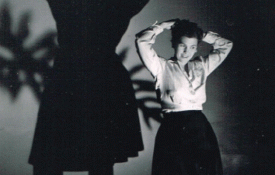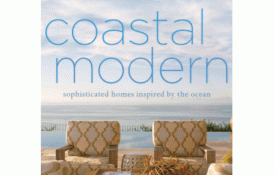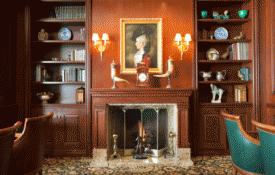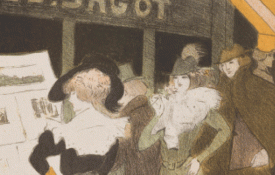Perhaps the most striking thing about The Lost Explorer, the five-year-old brand founded by activist, conservationist, and world traveler David de Rothschild, is that the product labeling says it was founded in 2025. “That is to say, it doesn’t really exist yet,” explains de Rothschild, who divides his time mostly between the UK and Los Angeles. “What I wanted to do in establishing the brand was understand the relationship between consumers and conservation and find out if it’s possible for them to co-exist.” As green companies become more mainstream and notions of sustainable consumption come into play, de Rothschild sees a sizable shift in the way companies need to operate and do business. “There’s this idea that a charity can’t be a business and a business can’t be a charity, but what if a business was owned by a cause? That’s been the shift for me, looking at things as a potential Cause Corp.”

The Lost Explorer Another Bag.
With The Lost Explorer, de Rothschild created a sustainable lifestyle company that aims to set an industry blueprint for wellness. Products have included everything from volcanic face scrub to head-to-toe nourishment oil (all free of synthetic fragrances, parabens, sulfates, and phthalates) and the Another Bag, made from responsibly sourced wood pulp. Profits from each are given to charity—for instance, the sale of each $150 bag plants 20 trees in the Amazon. “We started out wanting to make and sell sustainable products, but the reality is that marketing, sales, and distribution become expensive, and spending on that prevents us from putting the money into other ways that can also have an impact,” he says. “So, we’re pivoting. The next phase is to work with businesses to have them rethink the way they’re doing things and act as a cause agency.”
But cost is only one of his concerns with helping companies do good. De Rothschild also points to how many charities suffer from donor and volunteer ADD. “Whether it’s Black Lives Matter or the fires in the Amazon, people have good intentions of getting involved, but then there’s a new cause in town and the other charities take a dip. Relying on people’s goodwill is tough. We’re looking at how to create a more dependable model.”

David de Rothschild.
De Rothschild credits brands like Tesla and Patagonia as leaders in the way they have drawn attention to the environment and started valuable conversations. Ultimately, though, creating and selling more products can be prohibitively high-cost and counterproductive to affecting real change. “This last Super Bowl had a good chunk of ads that were promoting how companies were also doing good. That wouldn’t have happened five years ago. The method of the corporate influence of the brand telling the consumer that if they buy this six-pack of Michelob [Pure Gold organic light lager], the company will help protect six square feet of organic farmland, that’s easy for people to do, and it sets an example of the way companies need to change their thinking and approach.”
While de Rothschild admits there is much work to be done, his simple insights into how companies can shift and operate can surely help ignite dialogue and serve as a canvas for change. “There’s a need now more than ever for corporations to do something impactful,” he says. “Even though the elections are ahead, and politics is on everyone’s mind, when it comes down to it, people trust brands more than politicians.” thelostexplorer.com












































